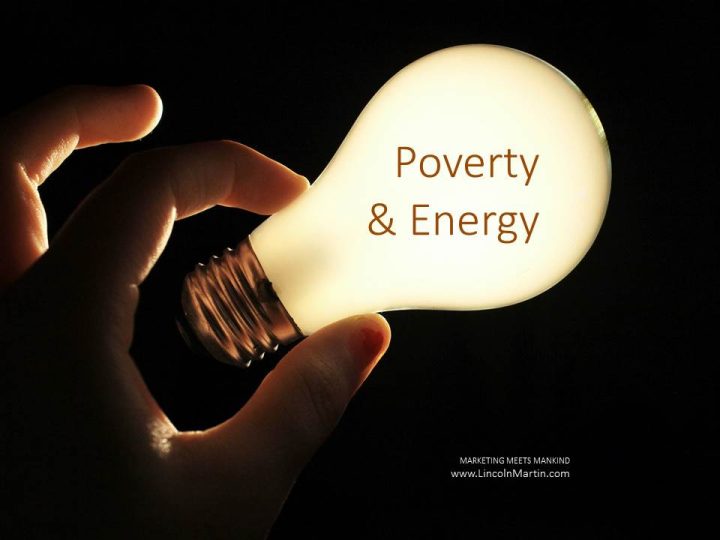
How Fossil Fuels Can Uplift the Lives of Poor People
Approximately four billion people around the world do not have access to reliable electricity, with most concentrated in Africa and Asia. Around a billion of them have never been connected to the grid, while the rest are supplied with power of such poor quality that their situation is far from better. In Sub-Sahara alone, more than 850 million people share a mere 28 GW of electricity, thus it is not hard to imagine why the power infrastructure in the region get overburdened and, eventually, break down.
Being deprived of a reliable power supply, many residents in Africa and Asia resort to burning dung, twigs, cardboard and grass, among other improvised “fuels”, for cooking or keeping warm. Burning these materials inside their houses results in an unspeakable level of indoor pollution, which leads to serious respiratory illnesses responsible for more than 4.3 million deaths every year.
The situation calls for an urgent action, and the sooner governments and allied stakeholders find a solution to the pressing power supply problem, the more lives will be saved and the better the future will be for the people of these regions.
Industry experts suggest that the answer to the regions’ power supply challenges may lie in tapping the potential of different sources of energy, particularly that of fossil fuels. There is merit in combining the benefits of fossil fuels and other energy sources, particularly as the emerging countries transition to energy stability. Relying on one source of electricity alone during this phase may not be enough to give developing countries the head start that they need to rise from energy poverty.
Why Developing Countries Turn To Fossil Fuels?
There is one glaring answer to this question: Fossil fuels are cheap, reliable and are readily available. The poor people in the most depressed areas around the world are in dire need of economical and dependable sources of energy that can provide them with the electricity to lift their families out of poverty. They cannot afford to pay for expensive alternative technologies nor wait for the time when they get cheaper.
Ironically, in the interest of confronting climate change, industrialized countries are imposing the onus of cutting back on fossil fuels on the emerging countries. The developed world does not want the poor countries to use fossil fuels to generate electricity, and instead embrace alternative and renewable power technologies now on offer.
However, I personally believe that now is not yet the time for developing countries to join the movement of combating climate change. Numerous studies prove that poor countries represent a small part of the carbon-emission problem, and should, therefore, not be compelled to carry the burden of employing expensive and complex alternative energy technologies. Instead of imposing constraints on the poor countries’ usage of fossil fuels, developed countries should notably increase their investment in research towards the development of cleaner, more environmentally friendly fossil fuels. They should also ramp up their effort in making alternative energy sources more affordable than fossil fuels.
The Way Forward
Electricity is a vital driver of any country’s economic growth and social development. Electricity empowers people, businesses, services and economies. In our world today, any country without a consistent and reliable supply of electricity cannot possibly thrive in this fast-paced, power-dependent, ever-evolving environment. Developing countries urgently need electricity to help them rise out of poverty, and for the moment, fossil fuels can provide them with their much needed power. As alternative power technologies are developed and optimized for global utilization, then emerging countries can gradually embrace them to join the world in combating the destructive effects of climate change.
On the other hand, the highly industrialized countries must step up its game in developing affordable green energy that will attract not only developed countries to purchase alternative energy, but also be accessible in emerging countries in Africa, Latin America and Asia. We need the right balance of “energy-mix” quickly.
Next Energy Article
On my next energy insight, I am going to tackle the future of clean energy and how marketing can help address various issues of electricity accessibility in developing countries.
About the Author
Robert Bagatsing took Strategic Marketing Management at Harvard Business School. He’s currently the chief giving officer at Lincoln Martin, and currently works as marketing consultant for the energy industry in Africa, Middle East and Asia.
Want to know how B2B marketing works in the energy industry? Contact ems@lincolnmartin.com.
